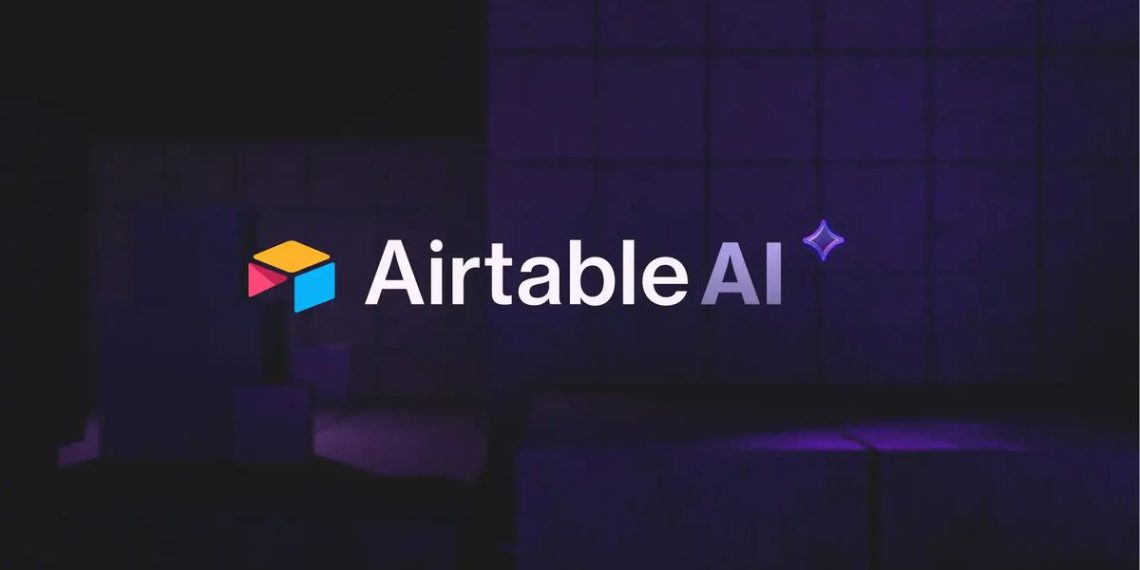Airtable Inc., renowned for its no-code platform empowering businesses to create applications and workflows, has unveiled groundbreaking AI tools aimed at revolutionizing organizational efficiency and decision-making.
Key among the new offerings are the App Library, a tool for deploying custom AI-integrated applications, and HyperDB, which facilitates the creation of workflows using vast datasets from platforms like Databricks and Snowflake.
Airtable’s cloud-based Digital Operations Platform acts as a real-time database, allowing teams to store, organize, and collaborate on structured data. Often described as “spreadsheets on steroids,” it’s known for its intuitive interface, enabling users to set up databases without any technical knowledge.
Last year, Airtable introduced its AI tools designed to integrate generative AI into no-code applications effortlessly. Building on this, the latest updates aim to make large language models (LLMs) more accessible to everyday workers. CEO Howie Liu emphasized the focus on usability, ensuring that businesses can harness the power of LLMs without needing deep technical expertise.
The App Library provides a framework for developing standardized business apps with embedded AI, which can be tailored by different teams. Liu likened it to a “LEGO kit,” simplifying the customization of applications for citizen developers.
HyperDB allows users to create AI-driven apps and workflows that integrate data from Databricks and Snowflake, ensuring data governance and compliance. This functionality enables businesses to pull over 100 million records into Airtable, facilitating stronger decision-making with critical, cross-functional information.
Additional features include Org Branding, allowing companies to customize Airtable with their branding, and App Sandbox, which provides a safe environment for testing no-code applications before deployment.
Airtable reports that a leading streaming company has already utilized these tools to create an application for automatic content genre classification, saving approximately 280 hours per week for its teams.
As Airtable’s offerings grow more powerful, it positions itself against giants like Microsoft, Salesforce, and ServiceNow, which provide similar AI-integrated application and workflow tools. Airtable’s challenge will be to deliver the promised productivity gains cost-effectively, ensuring seamless integration without complicating the user experience.









